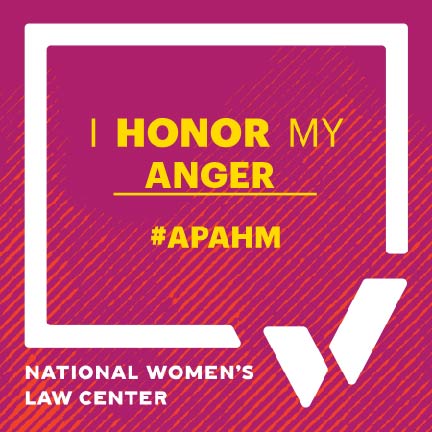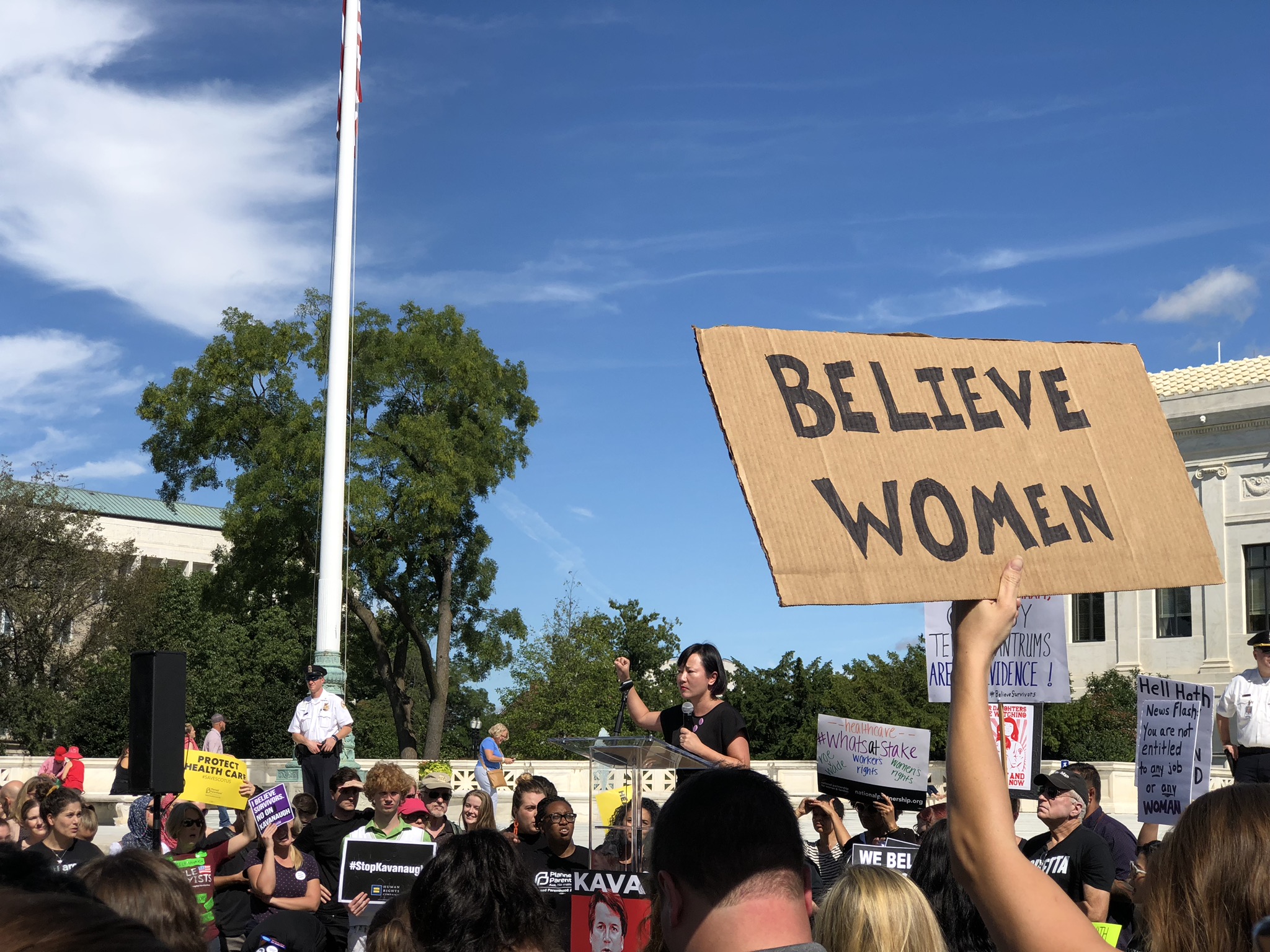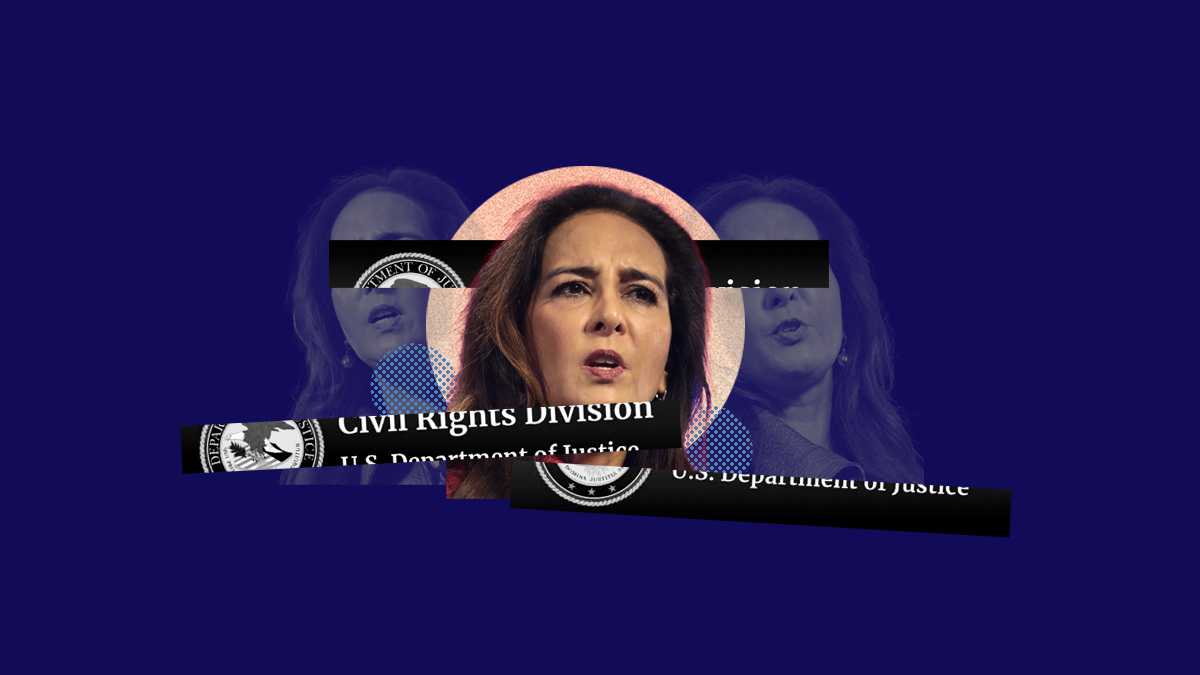Why Asian American and Pacific Islander Communities Should March for Black Women
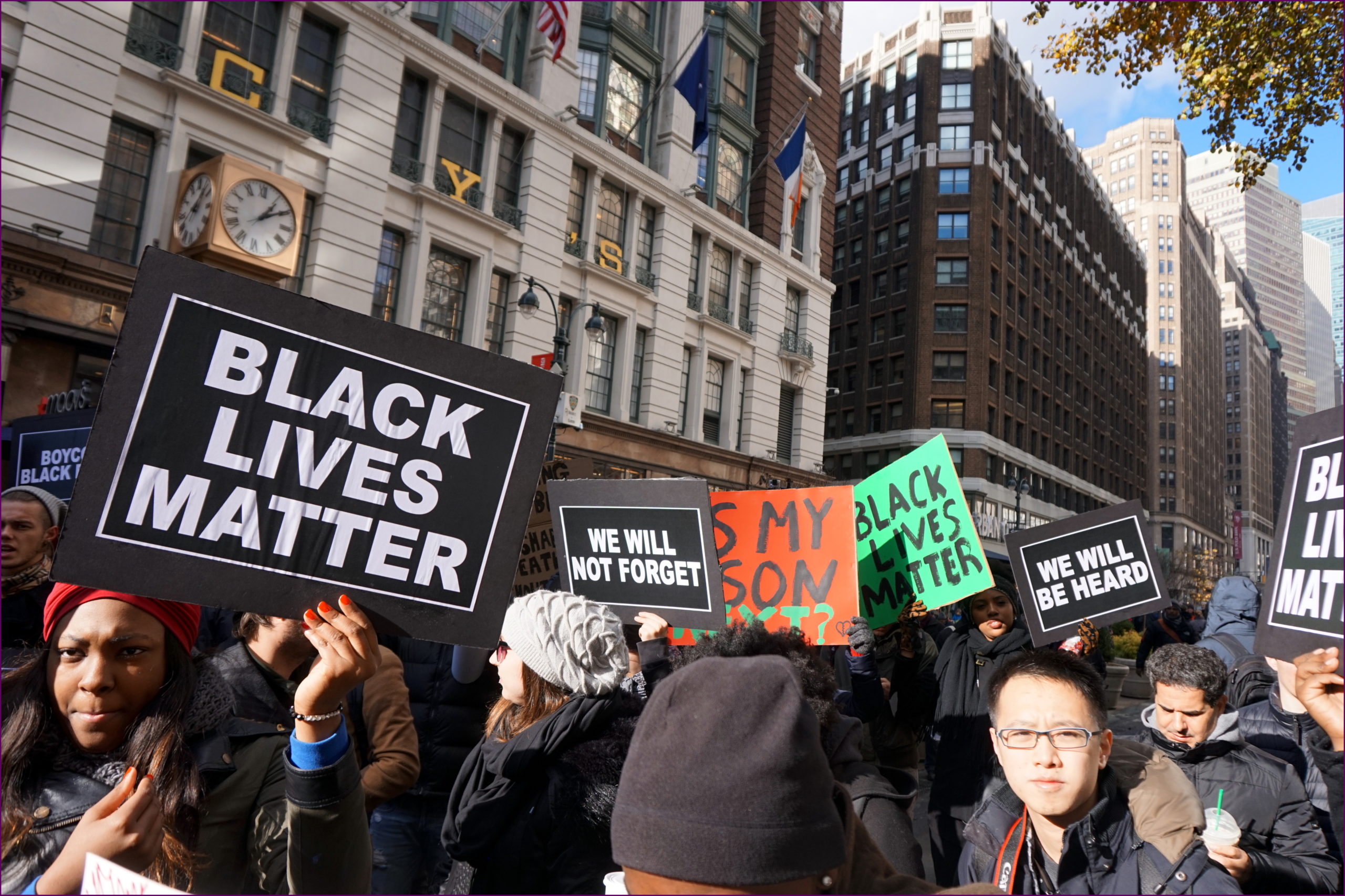
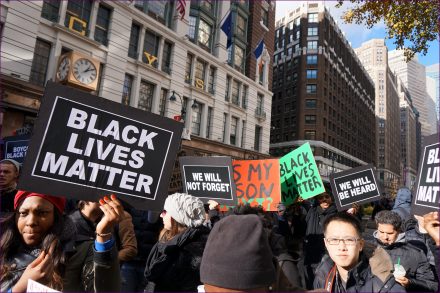
Over a year ago, after another senseless attack on a Black life, my colleague and I talked about Black Lives Matter. We scraped the surface of the complexities of racism in America — particularly how white supremacy is designed to pit communities of color against each other. It is not by some virtue of Asians or lack of ambition of Black people that one is considered a model minority, while the other is often characterized as lazy or self-destructive. It’s white supremacy throwing us a bone to fight over, hoping we won’t join hands, stand up together, and fight for our right to live and thrive in this country.
The fight for AAPI (Asian Americans and Pacific Islanders) justice, for our voices to be included in stories and media, for us to stop being stereotyped in ways that affect us both socially and legally, for us to be seen not as “exotic” but as Americans — regardless of our immigrant status — this fight is directly related to the fight for Black Americans. This is why as a Korean-American woman and as a child of immigrants, I support the March for Black women.
The March for Black Women on Saturday, September 30, according to the organizers’ website, is “not only a mass mobilization centered on Black women, but a reminder to every single one of us that so long as Black women are killed by the cops; so long as Black women are taken or go missing; so long as we are raped by friends or by strangers or by nationally renowned predators — there can be NO JUSTICE.” The AAPI community is being called to reject anti-blackness and march in solidarity with Black women. And we need to show up.
Anti-blackness in the AAPI community can be pervasive, and it often manifests in settings where whiteness sets the bar for success, like schools or the workplace. As a child, I remember my parents trying to emulate whiteness to succeed — distancing themselves as immigrants and telling us that if we put our heads down and studied, we could do whatever we wanted — so long as we didn’t question why things were the way they were. When I was a junior in high school, I saw my Asian classmates angrily talking about affirmative action and how the system was set up against them — resenting their fellow Black and Hispanic classmates. Even as an advocate for social justice, I catch myself internalizing and responding to Black stereotypes when I walk in gentrifying neighborhoods, clutching my purse tightly.
The AAPI community learns anti-blackness from white supremacy, and right now, especially when so many communities are under attack, we need to make an active effort to unlearn it. We must have the difficult conversations with our families and communities. We must show up and speak out for Black allies. And as the incomparable Audre Lorde said, we must march alongside Black people and women even if their shackles are very different from ours.

